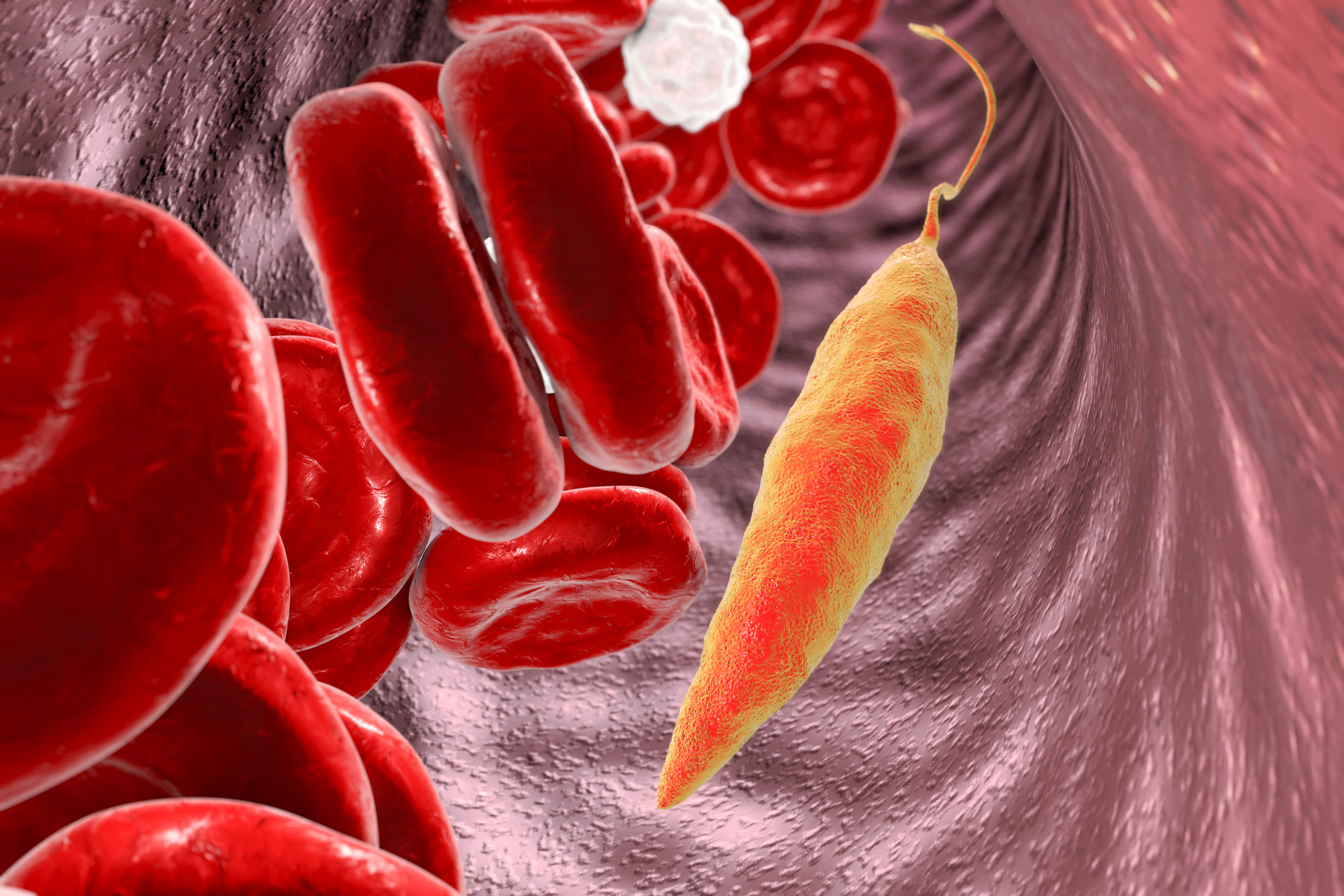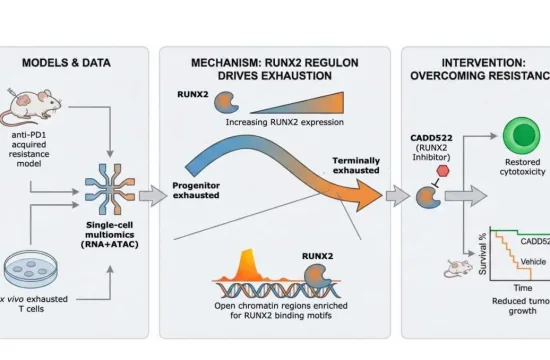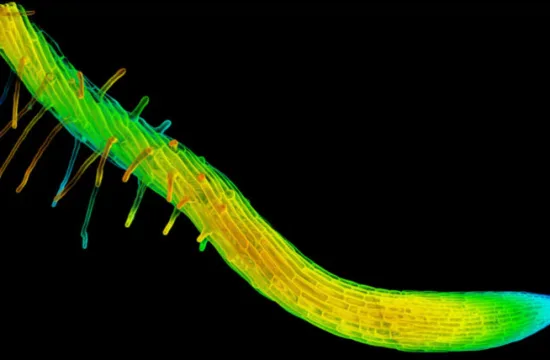|
Getting your Trinity Audio player ready...
|
Findings on how parasites cope with stress on a cellular level could aid the development of drugs that combat leishmaniasis, a tropical disease neglected by the pharmaceutical industry.

Credit : Kateryna Kon | 123rf
Drugs that inhibit the ability of the Leishmania parasite to utilize glucose could help treat infection caused by the parasite.
Leishmaniasis is a tropical disease that can cause debilitating ulcers of the skin, mouth and nose. Its most serious form, visceral leishmaniasis, causes fever, low red blood cell count, and enlargement of the liver and spleen. The parasite multiplies in the guts of sandflies, which subsequently transmit it to vertebrate hosts, where it further develops and spreads.
To find a potential treatment for Leishmania infections, researchers from Universiti Putra Malaysia and the University of Glasgow in Scotland analysed molecular changes in the proteins and metabolites of mutant Leishmania parasites placed in a variety of nutrient environments. By studying these relationships in mutants, the team hoped to identify a molecular pathway to target in normal parasites that reduces their virulence.
They found that mutant parasites incapable of processing glucose experienced reduced growth, sensitivity to oxidative stress, and dramatic reduction of virulence. The mutants were able to use alternative energy sources, such as amino and fatty acids. Their ability to do so is likely an adaptation to the variable environment in the sandfly gut, where glucose may be abundant or sparse depending on the sandfly’s diet. However, these alternative sources were not enough to sustain the parasites.
The researchers hope these findings might be used by others to develop anti-parasitic drugs that inhibit glucose utilization to treat Leishmania infections. There are about 50,000 to 90,000 new cases of visceral leishmaniasis globally every year, according to the World Health Organization. In 2015, 90% of reported leishmaniasis cases came from seven countries: Brazil, Ethiopia, India, Kenya, Somalia, South Sudan and Sudan.
Did you know?
Proteomics studies the set of proteins produced in an organism. These proteins, called proteomes, are influenced by a variety of factors including genetic and environmental. The proteome is not constant. It differs from cell to cell and changes over time. By studying the proteome, researchers can better understand the dynamic processes involved in disease. This field of study is paving the way toward personalized therapies and improving the identification and diagnosis of diseases and disorders, such as cancer and schizophrenia.
Metabolomics is the study of small molecules called metabolites within cells and tissues, such as amino acids, antioxidants and vitamins. Metabolomics is making an impact in areas such as toxicology, drug discovery, newborn screening and food safety.
The connection between proteomics, metabolomics and genomics is evident throughout biology. Genes give rise to mRNA, which carry the codes for proteins, which are in turn involved in many processes, including the metabolism of small molecules such as glucose. Over the last two decades, these ‘omic’ industries have become cornerstones of biomedical and industrial research.






